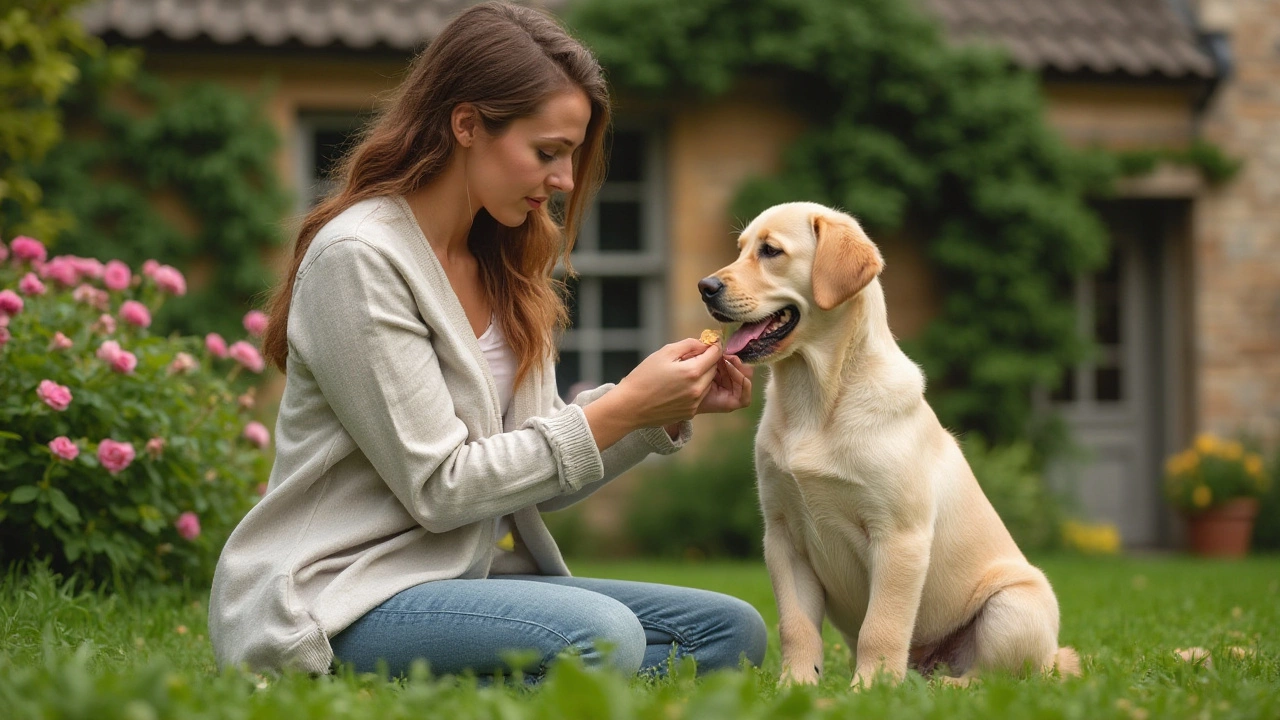8 Week Old Puppies – What You Need to Know
Got a tiny, wiggly 8 week old puppy? You’re probably wondering how to keep that bundle of joy healthy, happy, and well‑behaved. The good news is that at eight weeks most pups are ready for solid food, basic training, and the right toys. Below are the must‑do steps that will set a solid foundation for your new companion.
Feeding and Health Basics
At eight weeks the puppies should be weaning off their mother’s milk and eating high‑quality puppy kibble. Start with small meals three times a day and gradually increase portion size as they grow. Look for kibble that lists real meat as the first ingredient and includes DHA for brain development. Fresh water should always be available.
Schedule a first vet visit within the next few days. The vet will check weight, heart, and joints, and give you the core vaccination schedule. Most vets recommend the first round of puppy shots at 8‑9 weeks, followed by boosters every 2‑3 weeks until the puppy is 16 weeks old.
Watch for signs of illness: loss of appetite, diarrhea, or excessive whining. If anything seems off, call the vet right away. Early treatment prevents bigger problems later.
Playtime, Toys & Training
Puppies love to chew, especially when teething. Safe chew toys made of rubber or soft nylon are perfect for eight‑week‑olds. Toys like KONGs can be stuffed with a little pumpkin puree to keep them busy and soothe sore gums.
Training should start now, not later. Keep sessions short—just two to three minutes—so the pup stays focused. Teach the name “sit” and “come” using a treat‑reward system. Consistency is key: use the same word and hand signal each time.
Socialization is another critical piece. Arrange gentle, controlled meetings with calm adult dogs and people of all ages. This helps the puppy learn appropriate behavior and reduces fear later on.
Crate training works well at this age. Choose a crate just big enough for the puppy to stand, turn around, and lie down. Place a soft blanket inside and feed meals in the crate to create a positive association. The crate becomes a safe den that the puppy will seek out when tired or anxious.
Finally, establish a routine. Puppies thrive on predictable feeding, play, and potty times. Take them outside after meals, naps, and play sessions. Praise them when they do their business in the right spot, and ignore accidents to avoid reinforcing the behavior.
With the right food, health checks, toys, and training, your 8 week old puppy will grow into a confident, well‑adjusted adult dog. Enjoy the cuddles, the mess, and the endless energy—these weeks fly by, and the habits you start now will last a lifetime.

